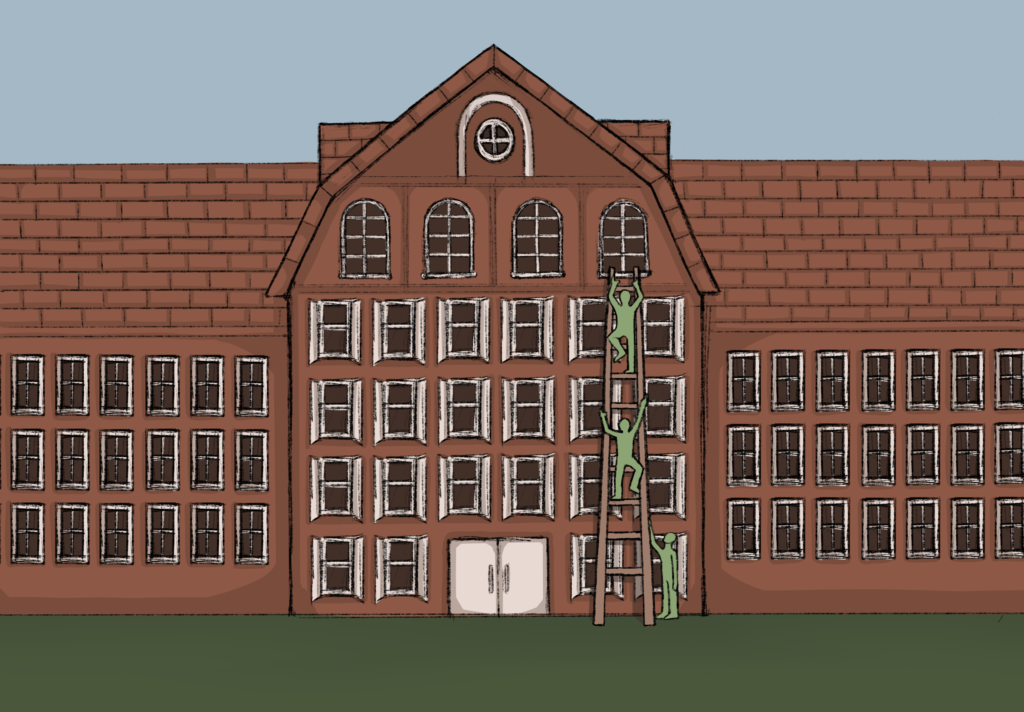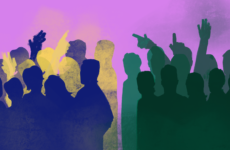By Jai Midha ’27, Opinions Writer
This morning, I instinctively grabbed my phone from my nightstand and swiped right to open Instagram, only to realize that I had removed it. Many of us have developed a response similar to this. When bored, social media is the first thing many people turn to in the morning, late at night, or in those few seconds during passing periods. It now seems like muscle memory. Social media is often attacked for how it wastes our time, even with the enjoyment and connection it offers. As a result, I deleted Instagram for a week to see how much of my life it had subtly claimed.
With my thumb hanging over the blank space where Instagram used to be, my mind felt confused. It was crazy to see how often I used the app mindlessly. Despite having much to do, I would get this strange, fidgety sensation as if I was bored. I would sit there hoping Instagram would miraculously appear to fill the void, but it never did. There were no stories to check, no posts to like. It was awkward — akin to sitting in a silent room after years of having background noise.
On day three, the consequences of FOMO — fear of missing out — began to appear. I lived completely in the moment, which felt as though I was excluded from a continuous dialogue happening on Instagram. I questioned what stories my friends shared, what they were doing, and whether they had messaged me via the app. I detested the sensation that felt like I was observing a whole other life on the outside — it made me feel like I had lost connection and even friends. On the other hand, I had far more time. With Instagram gone, I would have nothing to do, and knowing that I usually wasted so much time on social media made me feel terrible.
Nevertheless, the bored sensation also felt like a relief. Unlike the many times I was aimlessly scrolling, it was almost as though I had finally let go of a burden that had been weighing me down. This experiment helped me see how social media subtly impacted my habits, friendships, and even self-worth. It’s not only about the time it consumes; it’s also about how it divides our focus and drains our will to pursue real-world experiences.
With Instagram gone, I was not under the typical pressure to keep up with everyone else. And while I felt alone at first, I discovered that my relationships held together and might have even gotten a bit stronger. I got to talk to many more people face-to-face. The week seemed whole: instead of always being on my phone, I had an incentive to engage in daily exchanges. It was filled with far more enthusiasm and enjoyment.
One lesson from my week without Instagram is this: allow yourself the opportunity to distance yourself from social media—even if it’s just for a few days. Although there are numerous school meetings and films emphasizing the dangers of social media, having some personal experience is different. It forces you to confront how ingrained these platforms are in your life, and you might just discover that the space they leave behind isn’t a void but rather an invitation to live differently.
Reflecting further on my experience, I liked the peace of mind, but I hated feeling left out. I plan to reinstall Instagram; however, I will reduce my screen time by installing an app to ensure that I am not constantly scrolling through endless videos. We all have a limited time to spend doing the activities we enjoy, and Instagram drains this time while providing minimal benefits. By setting limits, I will gain valuable time back, allowing me to freely do what I love.




